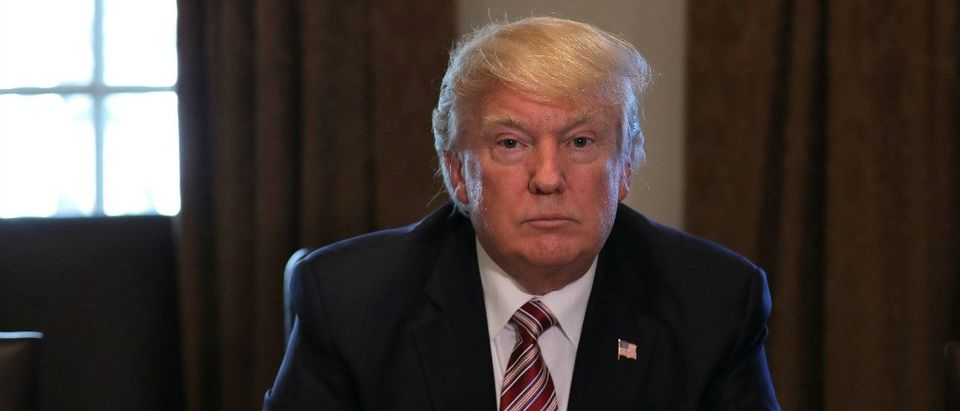A team of cybersecurity researchers at the Massachusetts Institute of Technology (MIT) claim that critical banking systems and the power grid are highly vulnerable to cyber attacks, and are urging the Trump administration to help better prepare the nation.
“The digital systems that control critical infrastructure in the United States and most other countries are easily penetrated and architecturally weak, and we have known it for a long time,” reads the executive summary of the report, titled Keeping America Safe: Toward More Secure Networks For Critical Sectors. “Yet Presidential leadership on infrastructure security has been hesitant and chiefly rhetorical, while system operators have tended to focus on short-term fixes and tactical improvements.”
The report appears to be an attempt to appeal to President Donald Trump by explaining that sufficient cybersecurity practices and systems haven’t yet been implemented, adding it could be an area for him to outdo his predecessors. (RELATED: White House Suddenly Removes Head Cybersecurity Officer)
“Over the last 25 years presidents from both parties have paid lip service to the topic while doing little about it, leading to a series of short-term fixes they liken to a losing game of ‘Whac-a-Mole,'” according to MIT News. One of the supplementary subtitles of the paper is “With Recommendations for the New Administration.”
The report, in general, is a collection of research, the majority of which was obtained through workshops. The paper essentially urges the president and the administration to take the threat to privately-owned infrastructure (not just public) very seriously because of the overlapping influences. (RELATED: There Are At Least 170 Million Internet-Connected Devices Susceptible To Hacking In The U.S.)
The researchers suggest that instead of merely advising institutions of security standards, the federal government should take a more hands-on approach by addressing the technical, “economic, managerial, behavioral, political, and legal” challenges and implementing cybersecurity policy affecting these areas.
The team explains that complete cyber attack deterrence is virtually impossible, but that there are ways to help decrease the possibility or at least lessen the negative effects.
“Robust joint exercises using sophisticated data would help illuminate the risk from the tight coupling of power, finance, and telecommunications,” according to the researchers. They also suggest containing the “Blast Radius” of destructive attacks through technical applications like rapid response to reconstructing affected networks.
The researchers lay out a number of other recommendations, including improving coordination by changing the hierarchal structure of cybersecurity leadership in the government, while also encouraging inter-department collaboration, and quantifying current infrastructure fragility by focusing resources on “an accelerated schedule [for] a meeting of representatives of the relevant national laboratories.”
They also suggest reviewing laws and regulations, and changing them to optimize investment in security. For example, the researchers say “the President should propose legislation” that creates more favorable tax treatment for private institutions that invest in cybersecurity and safeguard critical information and infrastructure.
Send tips to eric@dailycallernewsfoundation.org.
All content created by the Daily Caller News Foundation, an independent and nonpartisan newswire service, is available without charge to any legitimate news publisher that can provide a large audience. All republished articles must include our logo, our reporter’s byline and their DCNF affiliation. For any questions about our guidelines or partnering with us, please contact licensing@dailycallernewsfoundation.org.












